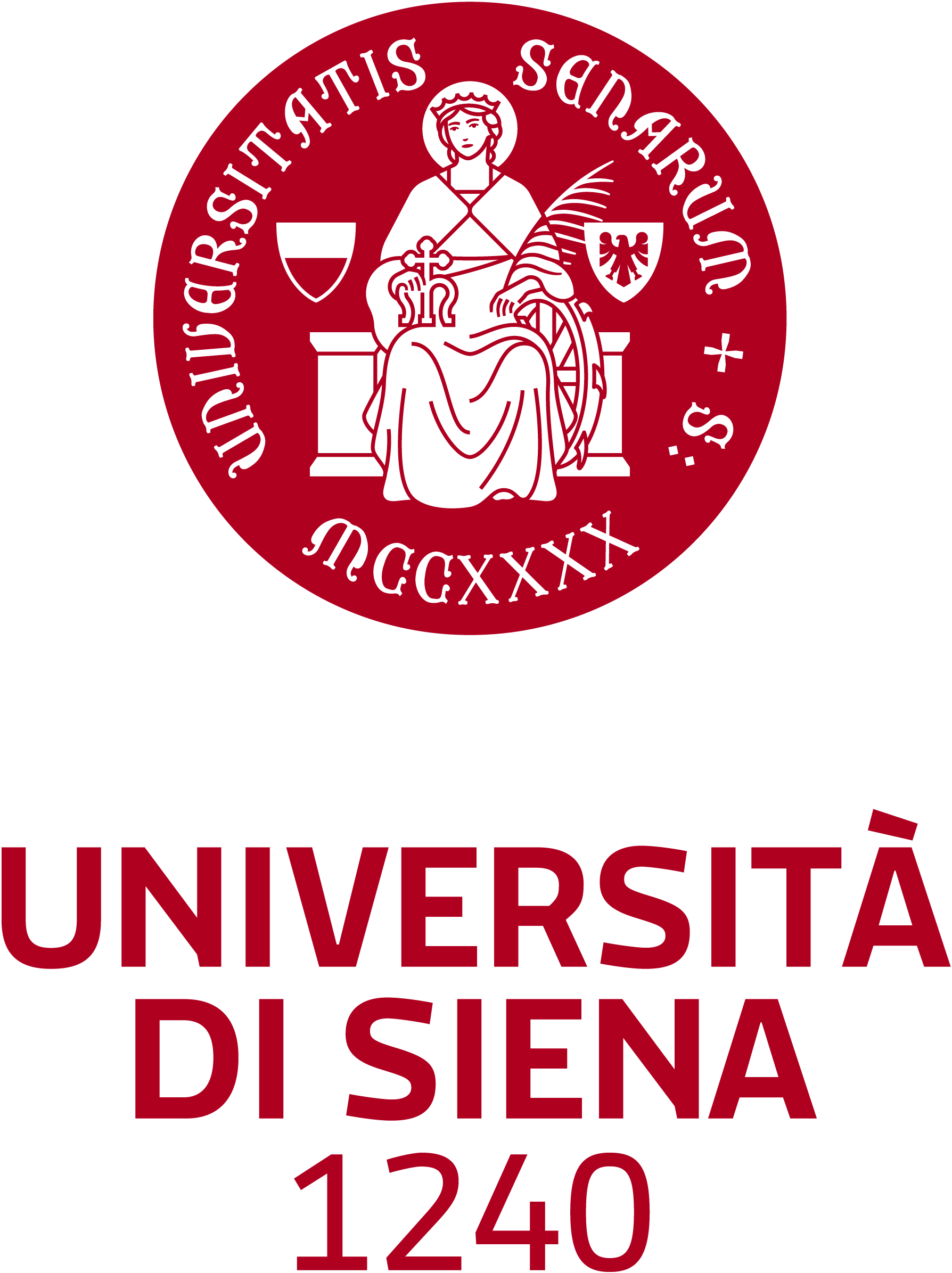Concept
The 98th annual meeting of the German Society for Mammalian Biology (DGS, Deutsche Gesellschaft für Säugetierkunde) is organised in collaboration with the Italian Mammal Society (ATIt, Associazione Teriologica Italiana) and under the patronage of the National Biodiversity Future Center (PNRR – NBFC) at the University of Siena
This year’s meeting aims to bring together researchers and practitioners working on all aspects of mammalogy to share results, hypotheses, and innovative methodologies to advance research and practice in this field. Thematic sessions will be focused on behaviour, ecology, management and conservation of mammals, but a sufficient space will be assigned also to contributions from the other fields of mammalogy.
The official language of the meeting is English.
The DGS offers 5 ‘small’ meeting grants of 300 EUR each to junior scientists who want to present their work at the forthcoming annual meeting. Every junior DGS-member (pre-PhD) without own budget can apply.
Grants can only be assigned if the abstract is accepted for the conference, and if grant winners agree to present their topic as a poster or talk at the annual meeting in Siena. If this agreement cannot be maintained, the grant has to be paid back. Please send your application with a short informal letter and the abstract which has been submitted (poster or talk) to the secretary of the society, Dr. Stéphanie Schai-Braun (execsec-dgs@uni-due.de) until 15 June 2025.
Sessions
Management and Conservation
The recent increase in the overlap between human and mammal populations raises concern for the conservation of endangered species, subspecies or populations, and for the management of human-wildlife conflicts. Furthermore, the increase in the abundance and distribution of some key mammal groups – as well as alien species – has led to more frequent interactions with other organisms within communities, as well as human activities, which may threaten vulnerable ecosystem components such as rare or endangered plant and animal species, or human activities.
Such dynamics highlight the need for effective and evidence-based conservation and management strategies. Mitigating conflicts starts with identifying and monitoring the most at-risk situations, followed by testing innovative monitoring and management techniques and implementing best practices to foster coexistence between wild mammals, humans, and other ecosystem components.
Contributions will be welcome on all aspects concerning the management and conservation of mammals, with emphasis on (but not limited to) (i) conservation of endangered mammals, (ii) mitigation of human-wildlife conflicts, (iii) monitoring of mammalian populations and communities, (iv) assessment of mammal impacts on habitats or species with conservation relevance, as well as on human activities, (v) use of technology and innovative methods for wildlife monitoring and management.
Keynote Invited Speaker:
Dr. Jennifer Hatlauf, Institute of Wildlife Biology and Game Management, BOKU University, Wien: https://forschung.boku.ac.at/de/researcher/7C687D2AE9A8F3E0
Presentation: The golden jackal on the move: Monitoring and management of an expanding species
Behaviour and Ecology
Behaviour represents the most immediate and visible response of organisms to environmental variations. In turn, individual behavioural responses can trigger broader implications at the population level, including also intra- and interspecific interactions, and scaling up to community- and ecosystem-level processes. A key – although not exclusive – example is given by the recent recovery of apex predators across European countries, which is emerging as a key factor potentially shaping the behaviour and ecology of many mammal species. At the same time, changes in anthropogenic activities, land-use patterns, and climatic conditions are imposing increasing pressure on mammals, which may drive behavioural responses potentially leading to long-term ecological adaptations. Understanding these dynamics is essential for predicting species’ reactions to environmental changes, assessing the resilience of populations and communities, and design management strategies that integrate behavioural ecology into conservation planning.
Contributions will be welcome on all the aspects of behaviour and ecology of mammals, with emphasis on (but not limited to) (i) social, foraging, spatial, and temporal behaviour, (ii) population dynamics, (iii) movement ecology and migration patterns, (iv) interspecific interactions, (v) behavioural and ecological responses to environmental changes, including also changes in climate and land-use patterns, (vi) all the above-mentioned issues in urban and peri-urban environments.
Keynote Invited Speaker:
Prof. Dries Kuijper, Mammal Research Institute, Polish Academy of Sciences, Bialowieza: https://ibs.bialowieza.pl/en/staff/dries-kuijper/
https://www.researchgate.net/profile/Dpj-Kuijper/research
Presentation: Ecosystem impacts of wolves in Europe: from more natural to human-dominated landscapes
Free topics
Contributions on any zoological topic dealing with mammalian biology are welcome, including, for example, morphology, systematics, genetics, zooarchaeology, or palaeontology. Multi- and transdisciplinary topics are especially encouraged and will be prioritised if the number of oral presentation requests exceeds the available slots.
IMPORTANT DATES
Conference registration and abstract submission opens on March 24th, 2025Deadline for abstract submission is May 25th, 2025 The extended deadline for abstract submission is June 15th, 2025
Abstract acceptance notification will occur by June 22nd, 2025Deadline for early conference registration is June 15th, 2025 The extended deadline for early conference registration is June 30th, 2025
Deadline for late conference registration is August 15th, 2025
Organising committee
Irene Belardi, Sandro Bertolino, Lucia Burrini, Martina Calosi, Niccolò Fattorini, Francesco Ferretti, Giovanni Fini, Chiara Gabbrielli, Leonardo Gallotta,
Lorenzo Lazzeri, Noemi Pallari, Frank E. Zachos
Venue
University of Siena, Presidio Mattioli, Aula Cardini
Via P.A. Mattioli, 10, 53100, Siena
Contact Info
For information, please contact the following email address



